Introduction

Religion plays a major role in the lives of billions of people in the world. By definition, religion is a system of faith that is characterized by belief in a supernatural entity known as a god. The believers worship this god or gods and follow rules that are believed to be in line with the wishes of the god(s). There are many religions followed by people all over the world.
One of the major world religions is Islam, which has over a billion followers. The two major Islamic sects are the Shias and Sunnis with the Sunnis making up to 90% of the world’s total Muslim Population. This paper will report on the Sunnis who regard themselves as traditionalists and believe that Mohammed was the last and most important prophet of Allah.
Origins
The Prophet Mohammed introduced the religion of Islam in 7AD and it was first preached to the Arabs in Mecca (Ayoub, 2002). Before the introduction of Islam, the Arabs in the Middle East were polytheistic. They lacked a religion of their own and borrowed their cultural and religious orientation from the people they interacted with through trade.

Mohammed had a revelation from God and from this, he became the first convert to Islam. In the initial years, Mohammed’s teachings were rejected by the inhabitants of Mecca and he was forced to move to Abyssinia (Ayoub, 2002).
While at Abyssinia, Mohammed was able to win over many converts to Islam. Accompanied by the new converts, the Prophet returned to his home city of Mecca and forcefully converted it to Islam. Once Mecca had been conquered, Islam served as a unifying factor for the various Arab tribes and it quickly became the predominant religion in the Arab world.
Key Beliefs
Islam is a monotheistic religion in that the followers worship one god. The first major belief of Islam is that Allah is the one and only true God.
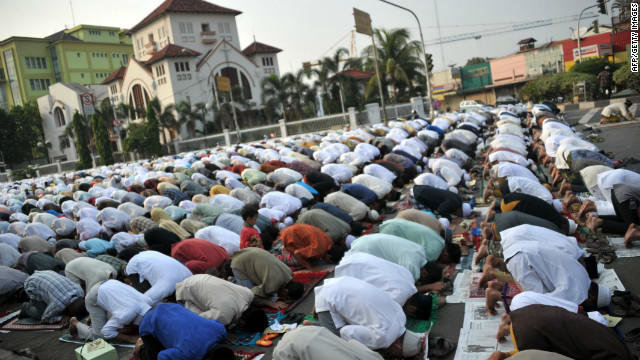
Followers are supposed to demonstrate absolute allegiance to Allah and this is emphasized from the fact that the term “Islam” means “peace through willing submission to Allah” (Gerner, 2008, p.5).
Muslims also believe that Muhammed was the last Prophet send to the world by Allah and he is the most important since the Holy Koran was revealed to him. Great reverence is shown to this Prophet and his conduct during his lifetime is used as a model of ideal Islamic living.
Islam shares some aspects of the Judeo-Christian faith in that Muslims acknowledge the Christian Old Testament. Muslims therefore accept many of the Biblical teachings contained in this text.
They also revere the Old Testament prophets such as Abraham and Moses and the teachings of these personalities are contained in the Muslim holy book (Gerner, 2008). The holy place of worship for the Muslim is the mosque and the general religious life of the believer is centered on this building.
The most important practicesofn Islam are known as the Five Pillars and they serve as a foundation of Islamic Faith. The first is the Shahada, which is the verbal expression of the commitment to Islamic Faith. The second one is the Salat, which is a set of prayers conducted by the believer five times each day.

The third is the giving of alms to the needy members of society. The fourth pillar is fasting by all Muslim adults during the holy month of Ramadan. The last pillar is making the annual pilgrimage to the city of Mecca at least once in a lifetime by the Muslim faithful.
Sacred Text
For Muslims, the Quran is the Holy book given to mankind by Allah through his Prophet Mohammed. The first revelation of the book was in Arabic language and the entire revelation to the Prophet took a period of 23 years.
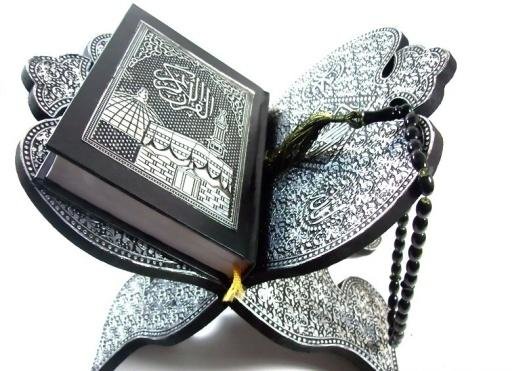
Muslims believe that this book is the exact word of God and its legitimacy and authenticity is unquestionable (Gerner, 2008). The laws and codes of conduct followed by Muslims are based on the teachings of the Quran.
The second religious text for the Sunni Muslim is the Hadith, which is a collection of Mohammed’s deeds and words of wisdom. This collection contains the daily implementation of the words of the Quran.
Cornel (2007) reveals that the Hadith contains stories of what the Prophet said and the things that he approved off during his lifetime. These stories were faithfully reported by his followers and they continue to serve as direction on various social and moral issues.
Major Festivals
Eid ul Fitr
The first major festival for Muslims is Eid ul Fitr. This festival delineates the end of fasting and it is carried out when the month of Ramadan is over. Fasting is of great importance in the Islamic faith.
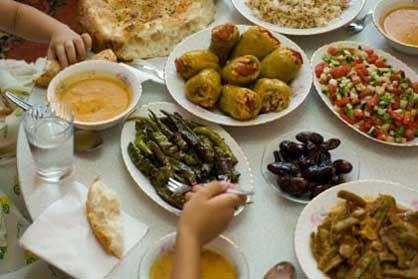
The act of fasting, known as Sawm, is one of the five pillars of Islam. During fasting, adults are supposed to demonstrate devotion to their faith by abstaining from food, drinks, and sexual activities during the fasting hours of the month long fast.
Eid ul Fitr is a celebration of the end of the fast and families and relatives gather for these festivities. Cornel (2007) reveals that Eid ul Fitr is also a thanksgiving celebration as the Muslims thank Allah for giving them the strength to faithfully carry out Sawm.
Id al-Adha
The second major Islamic Festival is “Id al-Adha” (which translates to “Festival of Sacrifice”) and it takes place at the end of the Hajj. The festival is done in commemoration of the ransom of Prophet Abraham’s son Ishmael with a ram (Cornel, 2007).
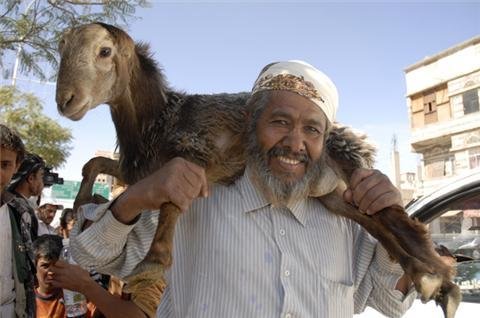
The Koran has it that the prophet had been instructed by God to sacrifice his son Ishmael and when Abraham was about to carry out the action in fulfillment of Allah’s instructions, God stopped him and offered a ram to be sacrificed instead of his son.
The festival serves as a reminder to the Muslim that he/she should be submitted to the will of God. Just like the prophet Abraham, the faithful Muslim should be willing to sacrifice anything that Allah asks him/her to. Consumption of meat is common during this festival and if possible, families engage in the ritualistic slaughter an animal.
Countries where the Festivals are practiced
These two festivals are celebrated by Muslim faithful all over the world. The main geographical area where these festivals are carried out is in the Middle East and North Africa where the predominant religion is Islam (Cornel, 2007). Asian countries with large Muslim populations such as Malaysia, Indonesia, and Bangladesh also celebrate these festivals.
In addition to the predominantly Muslim nations, these festivities are carried out by minority Muslim groups throughout the world. These celebrations are carried out in Western Europe and North America where there is a sizable number of Muslim immigrants.
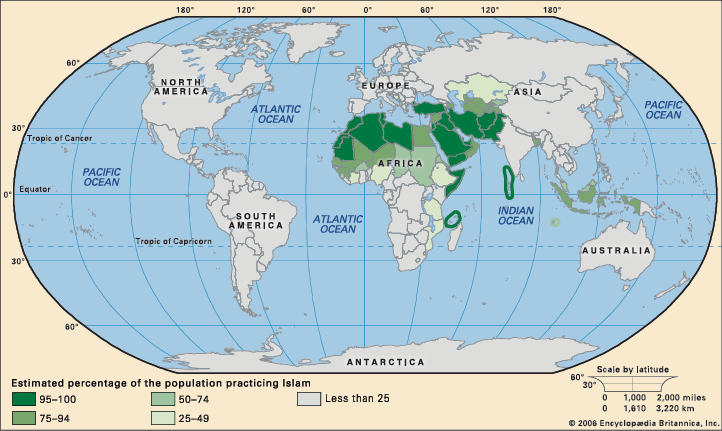
References
Ayoub, M. (2002). The Islamic Tradition. In G. Oxtoby (Ed.), World Religions: Western Traditions (pp. 342-455). Toronto: Oxford University Press.
Cornel, J.C. (2007). Voices of Islam: Voices of tradition. London: Greenwood Publishing Group.
Gerner, K. (2008). Islam. NY: Marshall Cavendish.